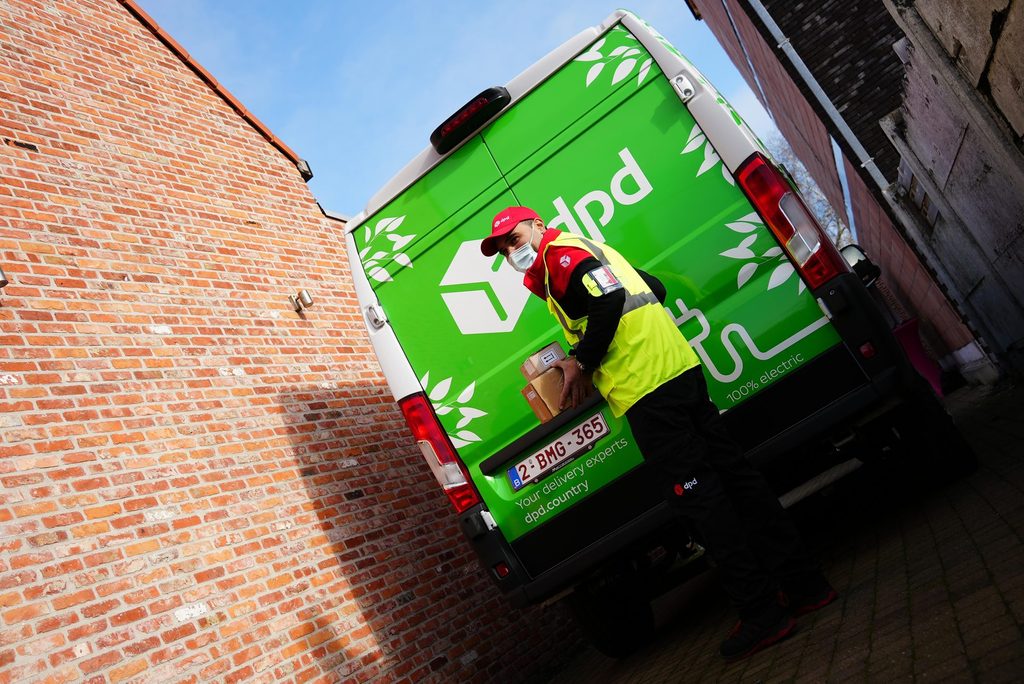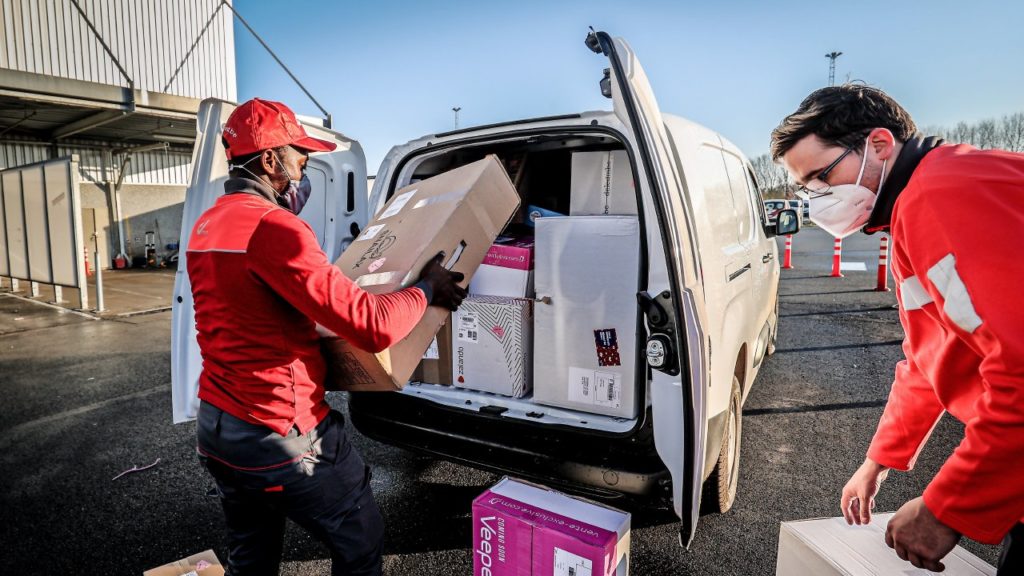Belgium is bringing in new rules to improve the working conditions of delivery drivers. But this could lead to packages becoming more expensive, said Federal Post Minister Petra De Sutter.
The new rules were approved on first reading by the Public Enterprises Committee on Tuesday. They will combat the infringements that are still being found at one in three inspections in the sector. In 2021, PostNL was found guilty of undeclared work and illegal employment.
"No more exhausted delivery drivers behind the wheel who have to deliver endless hours," De Sutter said on Twitter. "Every parcel courier receives a fair compensation and companies will have to work transparently."
From July 2026, delivery drivers will be allowed to drive around for a maximum of nine hours a day, and on two days each week a maximum of ten hours. Additionally, the Federal Government will set a minimum wage that delivery drivers must receive; the exact amount is not yet known.
De Sutter accepted that these rules will naturally entail additional costs, which the parcel companies can pass on to customers. As a result, buying online and shipping a package will almost certainly become more expensive.
On Monday, the regulator of the postal sector, BIPT, unexpectedly submitted an economic analysis estimating the economic impact of the new rules to De Sutter, VRT reports.
"Yes, it may be that packages become more expensive and that certain small players disappear, or even large players who work with fraudulent subcontractors," said De Sutter. However, the minister celebrated this possibility as "very good news", stating that it would "remove the bad apples from the system". She added: "I want social fraud to stop, and that has a price."

Major courier companies will have to hire more drivers once the maximum driving hours applies. Credit: Belga / Jonas D'Hollander
For parcels delivered by GLS, Post NL, DPD and Mondial Relay, costs could increase by 10.6%, the regulator estimated. These extra costs will mainly stem from the need to hire more delivery drivers when the maximum driving time comes into force in 2026.
BIPT emphasised that the 10.6% price increase is an estimate but acknowledged that these can be "entirely passed on to the customer." The regulator added that it is only logical that Bpost, which delivers the most packages, will also raise its prices in line with its competitors.
In addition, it is probable that people sending parcels themselves will also face higher rates.
A business killer?
While BIPT considers it a given that all companies delivering parcels will be impacted by the new rules, the extent will vary: some companies, such as Post NL and GLS, would make less profit or even a loss. "It is not certain that such operators will remain active (in Belgium) in the longer term."
For Bpost – the largest player in the Belgian market – the costs of the new law would weigh less heavily. The company is even expected to see its margins on parcels increase to more than 12%, BIPT estimated. This means that Bpost would make a profit of €12 per shipment of €100 worth of packages.
As a result, BIPT warns that the new rules are "discriminatory" if they apply to both large and smaller players. According to the regulator, "other options would be better suited to tackling potential infringements."
Related News
- Bpost workers suspected of stealing thousands of undelivered parcels
- Customers will soon be able to opt for 'sustainable' delivery of packages
- Child labour, human trafficking, ‘modern slavery’: What is going on with PostNL Belgium?
Some critics even argued that the new rules were "tailor-made for Bpost", a claim which De Sutter answered by stressing that the rules will also apply to Bpost. "They will also have to adjust a lot of processes, which has a cost. Believe me, they were not very happy with this bill either."
The law will be discussed a second time in the Public Enterprises Committee before a full parliament vote.

